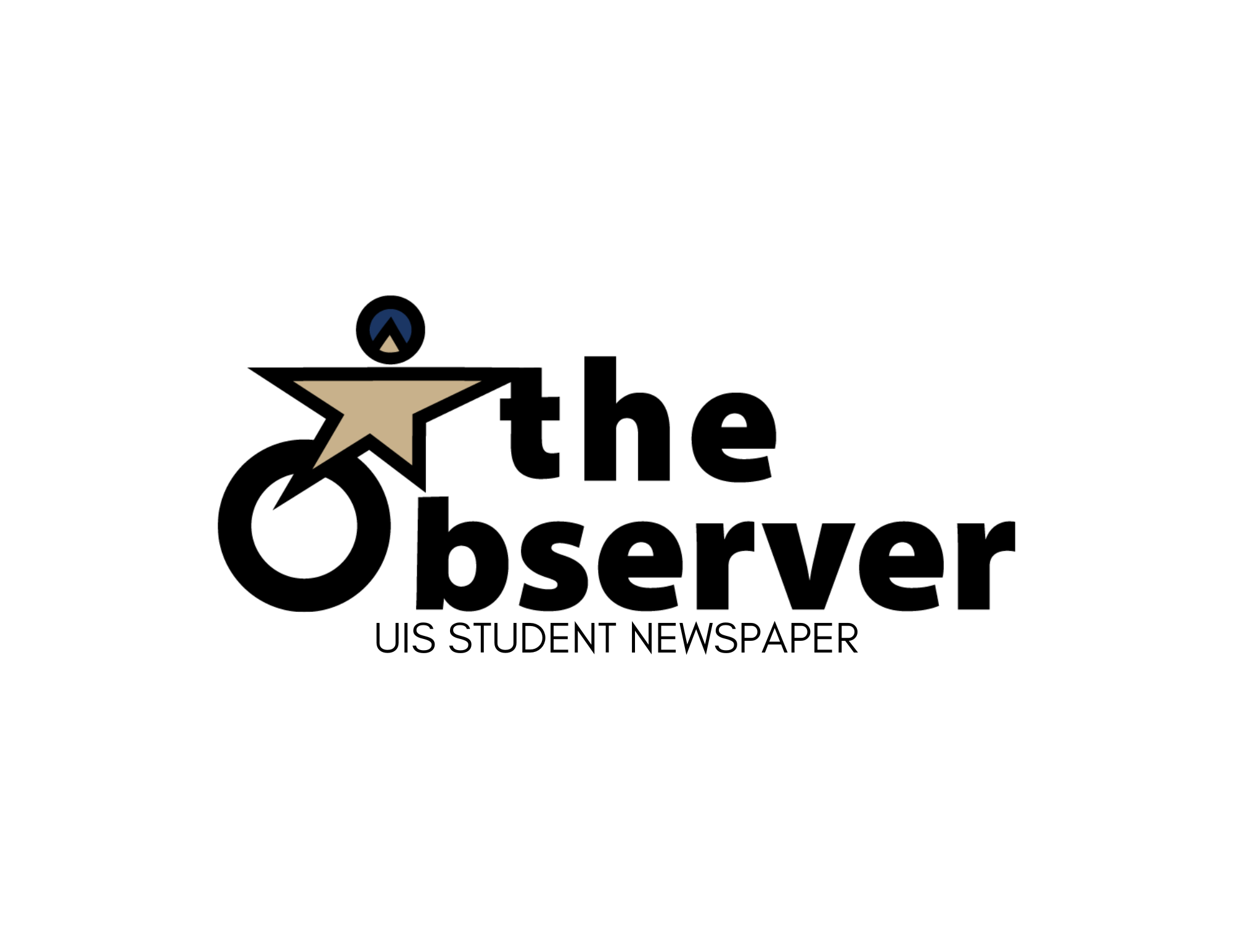University administrative discontent seemed to be the sentiment of the night as Senator Michael Frerichs (D-Champaign) gave a small speech on the difficulties faced by graduate employees and service workers at the University on April 23.
Union employees and graduate assistants alike aired grievances ranging from union discrimination to fiscal incompetence during the event. Food service and building maintenance workers raised concerns about pay cuts while former and current administrative officials made “ludicrous” salaries in a time of economic downturn.
Due to low turnout, a question-and-answer session took the speech’s place. The event was organized by Adam Johnson and Danielle Stanley, president and vice-president, respectively, of the Association of Graduate Employees (AGE). The meeting was requested by Frerichs as the newly-appointed chairman of the Senate Committee on Higher Education, who is commencing several meetings statewide for university employee unions to show his support and commitment to higher education.
As the question-and-answer session commenced, Frerichs fielded a question from an office support specialist and University Professionals of Illinois (UPI) member. She told the senator that her union colleagues were mandated three furlough days, while the non-union workers were not required to take any. Several Food Services and Building Maintenance staff often took on more than their fair share of furloughs to spare the financial pain to those in the most need of pay.
“Most of the money goes to administrators and non-union workers,” Norma Jean Niebur, president of UPI Local 4100, said. “And in all this, former University of Illinois President Michael Hogan is making $260,000 a year to teach an online-only course while we get pay cuts and pension squeezes. A 2 percent raise, with taxes, just puts us a little less in the hole than before.” Former President Hogan teaches three courses, one online, at a salary of $285,000 on the UIS campus.
The average teaching load in Springfield is three courses per semester, or six in a given academic year, faculty said. But Lincoln scholar Michael Burlingame, also a professor of history at UIS, has the same teaching load as Hogan. University of Illinois spokesman Tom Hardy noted in a 2012 interview with the News-Gazette of Champaign, Ill. Burlingame, who was hired four years ago, earned $103,000 in 2011-12.
Frerichs’ response to the Food Service worker’s dismay was not solely to blame the University management. Calling on the University of Illinois administration to reform their methods of money management, he also laid some of the blame at the feet of the Illinois General Assembly.
“Without the will in both chambers to do something,” Frerichs said, “nothing will happen. It is just like sacking someone on the football practice field, sliding forwards a little at a time. Unfortunately, pensions are crowding out the rest of the budget and people are always looking for the low-hanging fruit. Without the recent income-tax increase, the higher education system would have suffered even worse cuts.”
“While the University administration needs to look at how it spends its’ money, part of the problem lies with the fact that the state has not met its’ obligations for funding the University of Illinois system. That is why my colleagues in the Senate and I are introducing a Constitutional Amendment to institute a graduated income tax. If the current tax hike is allowed to sunset, the state’s budget woes will be as dire as ever,” Frerichs said.
The graduated tax will allow those more privileged to begin paying their fair share of taxes to support the society which allowed them to succeed, as well as allowing the state to fully fund money-starved programs.
The constitutional amendment was first introduced six years ago, but died in the Senate. Frerichs hopes to resurrect it with a large push towards passage this year, while the Democrats have supermajority control over the House and Senate, as well as the sitting Democratic governor.
As for increasing the University of Illinois’ budget, the senator said that “pensions and healthcare costs are rising too quickly, but we remain focused on our best investment – education. My colleagues and I are prepared to fight for preserving and increasing the University budget.”
The question-and-answer session eventually became a “venting session,” characterized by AGE Vice-President Stanley as “unexpected.” The senator and his staff answered many other questions as the meeting continued, professing his current and continued support for University professionals as well as students.








